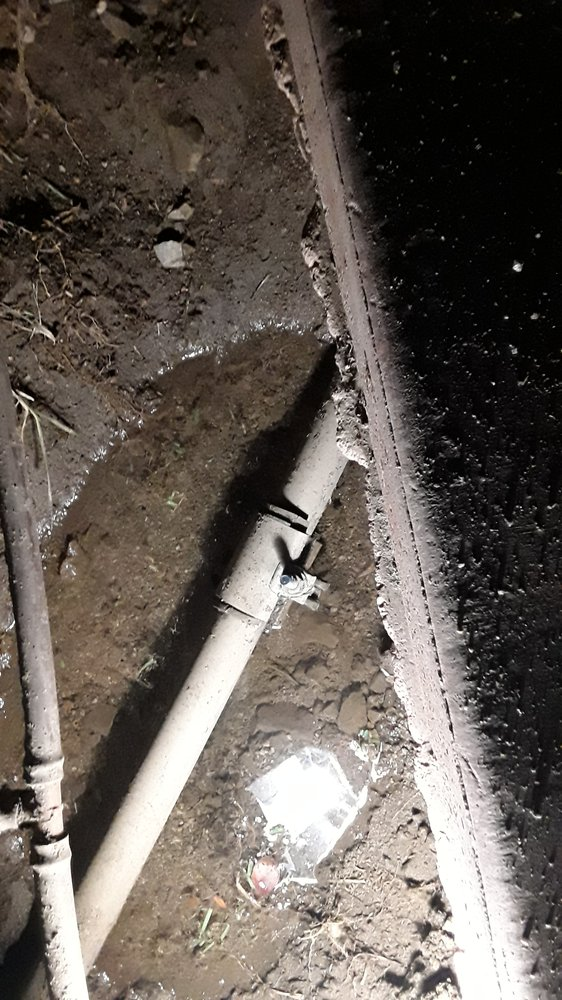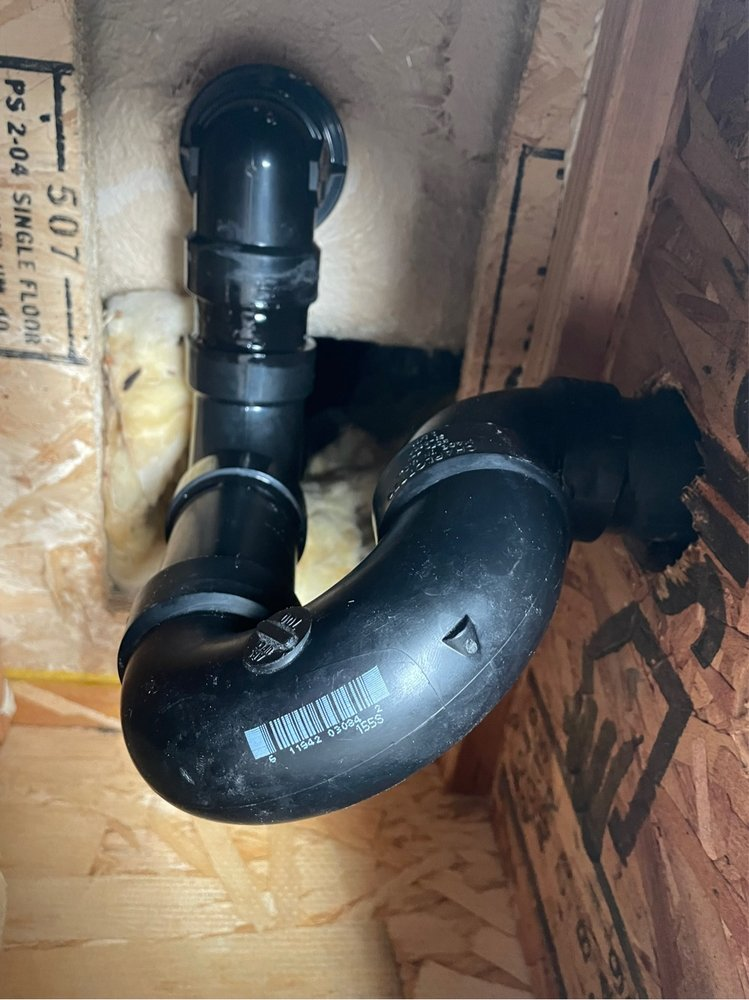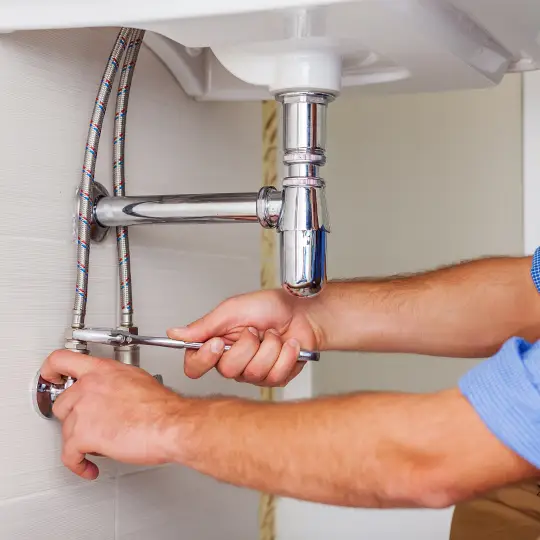A dependable hot water supply is a cornerstone of daily comfort and convenience, yet the inner workings of a tankless system often go unnoticed until something goes wrong. While traditional units rely on storage tanks and continuous heating, modern tankless water heater repair focuses on on-demand performance. When homeowners address even minor issues promptly, they unlock a treasure trove of hidden advantages—far beyond merely fixing a glitch. From prolonging equipment life to slashing energy bills and warding off emergency replacements, timely attention to your tankless system pays dividends for years to come.
In the sections that follow, we delve into the multifaceted benefits that emerge when you prioritize specialized tankless water heater repair. We’ll explore how swift interventions fortify system longevity, amplify efficiency, uphold consistent performance, and deliver unforeseen savings—while weaving in real-world statistics and credible sources. By the end, you’ll understand why partnering with professionals for tankless water heater repair, water heater installation, water heater replacement, and water heater service isn’t just sensible; it’s essential.
Extending Lifespan through Swift Repairs:
One of the most compelling advantages of prompt tankless water heater repair is the extension of your unit’s operational life. Unlike conventional tanks that typically endure 8 to 12 years, tankless models are designed for longevity—with manufacturer ratings often exceeding two decades. In fact, most tankless water heaters boast a life expectancy of more than 20 years due to their simplified design and replaceable components.
However, lifespan projections assume regular care. Neglected minor faults—like a misaligned burner or a leaky valve—can catalyze accelerated wear, potentially shaving years off your system’s expected durability. Conversely, routine maintenance and timely repairs can add three to five extra years of reliable service, giving you the equivalent of a brand-new unit without the replacement cost. By addressing small issues immediately, you preserve critical parts, prevent cascading failures, and keep your system running smoothly well into its third decade of operation.
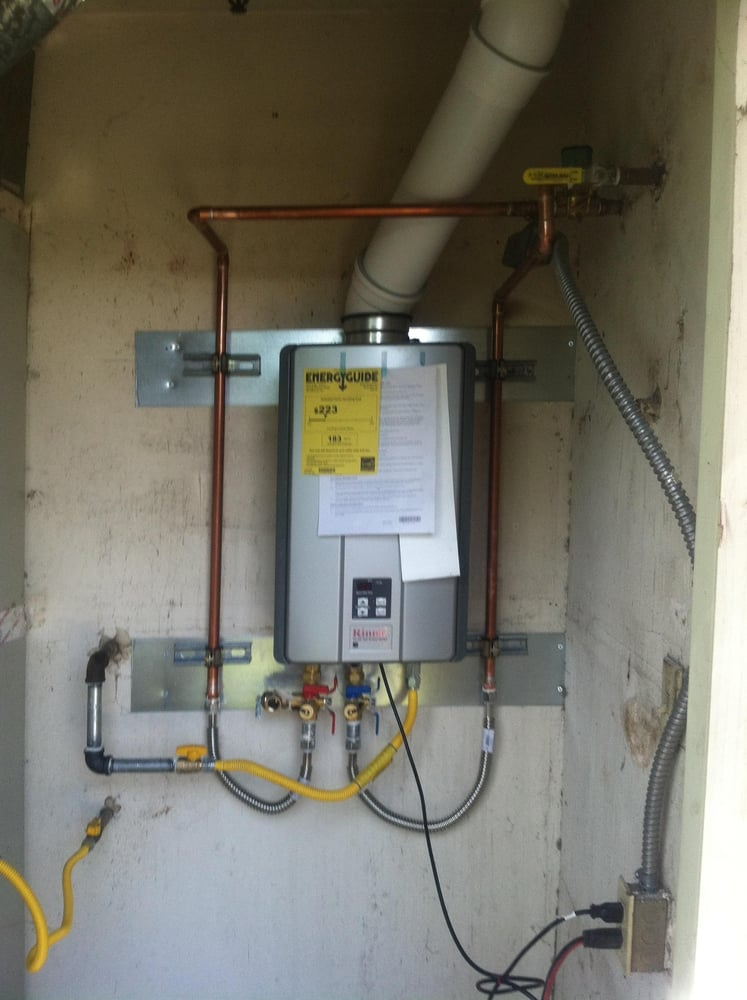
Boosting Energy Efficiency and Savings:
Heating water accounts for a significant share of household energy consumption—approximately 12% of total usage—making it second only to space heating and cooling systems in many homes. When a tankless unit operates below peak performance—due to clogged filters, mineral buildup, or faulty sensors—it draws extra power and prolongs flow times, driving up both water and electricity bills.
Timely tankless water heater repair in Pomona and Ontario tackles these inefficiencies head-on. Technicians can flush internal passages, recalibrate thermostats, and replace worn components to restore factory-level performance. According to the U.S. Department of Energy, adhering to best practices and maintenance standards can unlock annual household savings of more than $170 by reducing wasted energy and water consumption. In some cases, upgrades or repairs can improve heating efficiency by up to 30%, translating to hundreds of dollars in cumulative savings over the appliance’s lifetime.
By investing in professional tankless water heater repair, homeowners not only reclaim lost efficiency but also contribute to sustainability goals by lowering their carbon footprint.
Preventing Unexpected Breakdowns:
There’s nothing quite as disruptive as a sudden loss of hot water on a chilly morning. Unexpected failures often stem from overlooked minor issues that balloon into major malfunctions—clogged heat exchangers, corroded pipes, or malfunctioning ignition systems. By scheduling regular tankless water heater repair, you catch these warning signs early and avert full-scale breakdowns.
Professional inspections include pressure checks, combustion safety tests, and sensor diagnostics. Each procedure is designed to reveal hidden wear before it compromises system integrity. When repairs are made at first sight of trouble, you dodge emergency service calls—often priced at premium rates—and avoid the inconvenience of going days without hot water. In essence, preventive water heater service functions like an insurance policy, shielding you from unplanned outages and steep repair bills.
Maintaining Consistent Hot Water Supply:
A hallmark of tankless systems is their ability to deliver on-demand hot water indefinitely. Yet even the most advanced models can falter when deposits accumulate inside heat exchangers or when flow sensors become erratic. The result is fluctuating temperatures, delayed heating, or, in worst cases, no hot water at all.
Timely tankless water heater repair ensures that critical pathways remain clear and control modules operate within specified tolerances. Technicians perform descaling treatments and sensor recalibrations, guaranteeing that your system consistently responds to demand—whether you’re running a single shower or multiple appliances simultaneously. With professional upkeep, you secure uninterrupted comfort for every chore, from dishwashing to bath time.
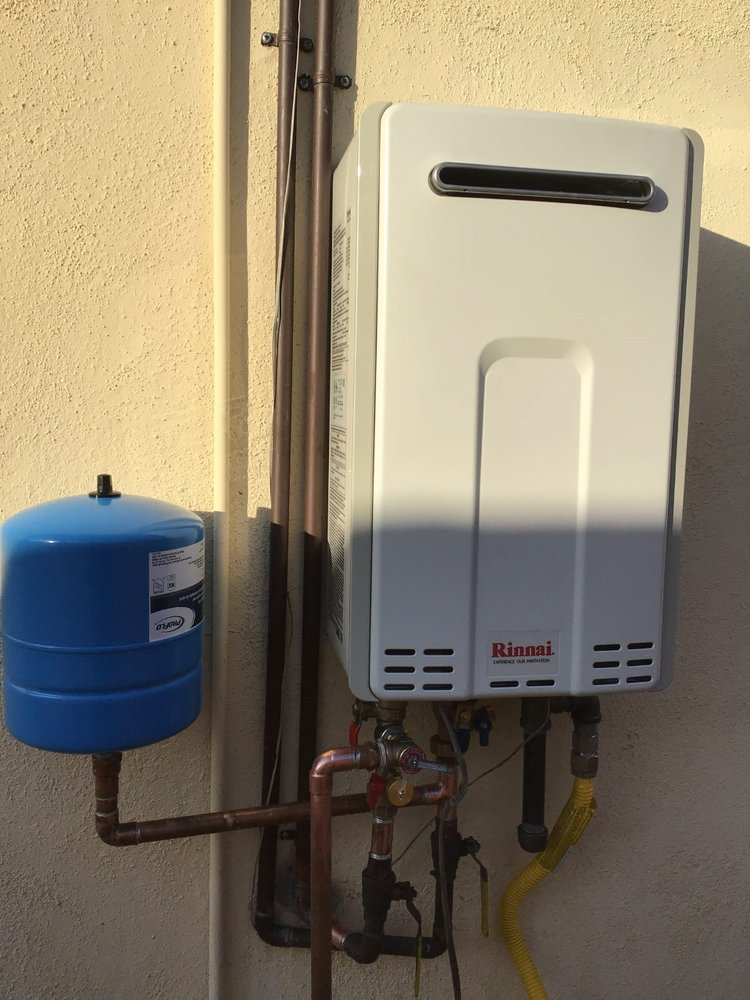
Avoiding Costly Water Heater Replacement:
Replacing a tankless water heater can cost anywhere from $1,500 to over $3,000, depending on capacity and installation complexity. When small repairs are deferred, minor defects can cascade into catastrophic failures—requiring full system replacement rather than a simple part swap.
Swift tankless water heater repair transforms potential replacement expenses into modest service fees. By swapping out a faulty sensor or clearing blockages, you sidestep the steep cost of a new unit. Furthermore, technicians can often recommend proactive upgrades—like corrosion-resistant components—that stave off future problems, deferring any need for water heater replacement by years. In the long term, the cumulative investment in repairs usually represents a fraction of what you’d spend on replacing an entire system prematurely.
Enhancing Safety and Compliance:
Gas-fired tankless models, in particular, demand vigilant oversight to maintain safe operation. Malfunctioning burners or obstructed vents can foster carbon monoxide buildup, posing serious health risks. Similarly, electric units with defective wiring can create shock hazards or fire risks.
Routine tankless water heater repair includes safety audits: combustion gas analysis, electrical continuity tests, and ventilation inspections. Addressing leaks, loose fittings, and faulty controls mitigates hazards and ensures compliance with local codes. For homeowners, this peace of mind is invaluable—making professional service an indispensable ally in preserving both household well-being and regulatory adherence.
Leveraging Professional Water Heater Installation and Service:
While timely tankless water heater repair unlocks numerous benefits, its impact is amplified when paired with expert water heater installation and comprehensive water heater service. A seamless transition from installation to maintenance ensures that your unit operates at peak efficiency from day one.
During installation, technicians size the system correctly, optimize venting pathways, and integrate advanced filtration tools to minimize scale buildup. Subsequent water heater service visits maintain those high standards, adapting care protocols to evolving conditions like water hardness fluctuations or increased household demand. When repairs, installations, and services work in harmony, homeowners enjoy an ecosystem of reliability that one-off fixes simply cannot match.
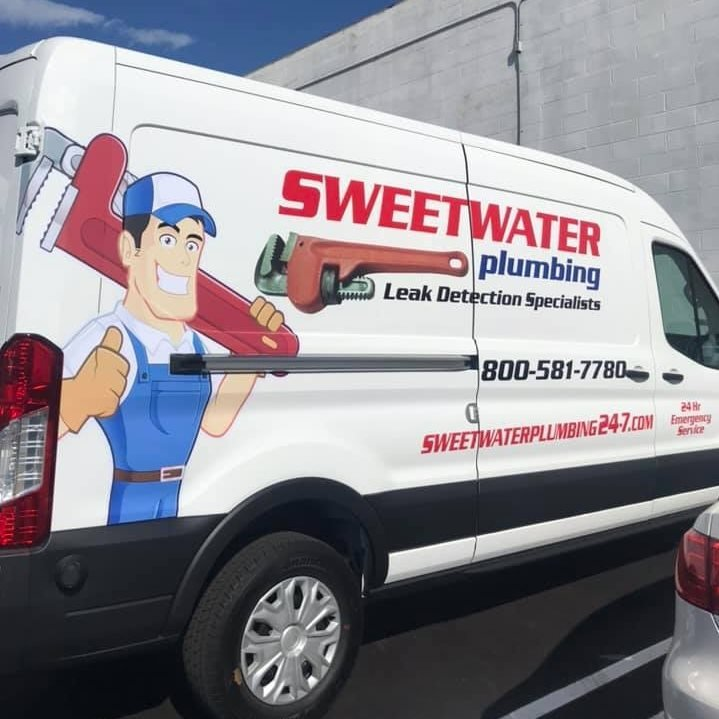
Contributing to Environmental Sustainability:
Energy-efficient operation isn’t just a financial boon—it’s an eco-friendly choice. By restoring optimal performance through tankless water heater repair, you curtail greenhouse gas emissions associated with excessive fuel and electricity consumption. Over an appliance’s lifetime, this can amount to a reduction of several thousand pounds of CO₂, depending on your utility mix and usage patterns.
Additionally, extending the life of metal components conserves resources embedded in manufacturing new units. Every extra year you gain through maintenance offsets the demand for raw materials and the energy footprint of producing a replacement heater. In this way, timely repairs align financial savvy with conscientious stewardship of the planet.
Real-World Case Study:
Consider a midsize family in a temperate climate that experienced erratic hot water flow and escalating energy bills. After scheduling a tankless water heater repair in Pomona, technicians discovered a partially clogged heat exchanger and a misaligned flow sensor. Post-service, the household observed:
- A 25% drop in monthly energy usage for water heating.
- Restoration of steady 120°F delivery across three simultaneous outlets.
- An estimated extension of unit life by five years, delaying replacement well beyond the original 20-year rating.
This scenario underscores how focused repairs translate directly into measurable savings, comfort, and system longevity.
Advanced Strategies for Maximizing Your Tankless System’s Value:
Building on the foundational benefits of timely tankless water heater repair, there are additional strategies you can employ to further protect your investment and elevate system performance. In this continuation, we’ll explore practical steps—from understanding warranty requirements to integrating smart controls—that dovetail seamlessly with the insights presented earlier. Each sub heading introduces a fresh dimension of care designed to deepen system resilience without rehashing previous material.
Navigating Warranty Requirements and Service Plans:
Most manufacturers back their tankless units with comprehensive warranties covering heat exchangers, electronics, and labor for specified periods. However, these warranties often hinge on documented maintenance and repair records. Skipping routine tankless water heater repair can void crucial coverage, exposing homeowners to unforeseen costs if a major failure occurs. To keep warranties intact:
- Review your manufacturer’s maintenance schedule, typically requiring annual service.
- Retain receipts and technician reports from every water heater service
- Ensure that any part replacements conform to OEM specifications.
By adhering to these protocols, you maintain eligibility for warranty repairs—potentially saving thousands if a component malfunctions years down the line.
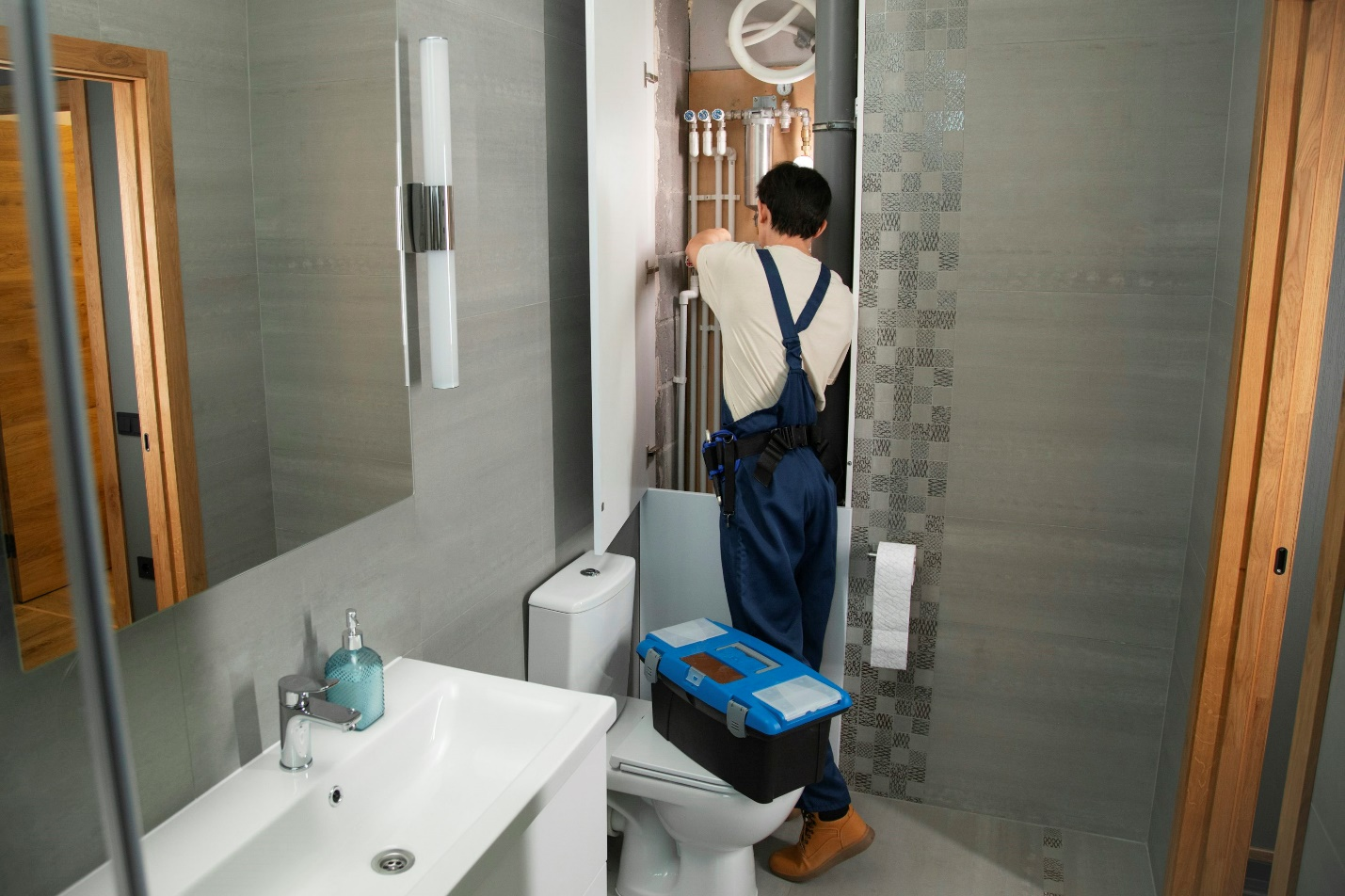
Weighing DIY Maintenance Versus Professional Intervention:
While homeowners can perform basic upkeep—such as flushing the unit to remove mineral deposits or visually inspecting piping—some tasks demand licensed expertise. Attempting to repair gas valves or calibrate high precision flow sensors without proper tools can cause more harm than good. Consider these guidelines when deciding between DIY steps and professional support:
- For tasks that expose internal electronics, ignition systems, or gas connections, always engage a licensed technician specializing in tankless water heater repair.
- Simple filter cleanings and exterior wipe downs can be handled by savvy homeowners, provided the system is powered down and cooled.
- If you encounter erratic error codes or suspect a leak, cease DIY attempts and schedule a full diagnostic—these symptoms often signal complex failures that require advanced diagnostic equipment.
Striking the right balance between do it yourself care and expert service maximizes both safety and cost effectiveness.
Seasonal Tune Ups Aligned with Usage Patterns:
Your water heating needs fluctuate throughout the year. In colder months, demand spikes as showers, dishwashers, and laundry cycles increase, placing extra stress on your tankless system. Conversely, summer usage may be lighter but still significant. To synchronize maintenance with these patterns:
- Schedule a late fall tankless water heater repairto prime the unit before winter’s peak demand.
- Follow up with a mid spring inspection to address any wear that accumulated during heavy use.
- Use each seasonal check in to adjust temperature settings and flow rates according to anticipated needs—lower winter settings can prevent scalding, while higher summer settings ensure rapid recovery between uses.
This proactive rhythm not only sidesteps emergency breakdowns but also fine tunes efficiency as outdoor temperatures and household routines evolve.
Upgrading to Water Saving Fixtures and Controls:
Even the best maintained tankless system operates within the constraints of your home’s plumbing infrastructure. Retrofitting low flow showerheads, aerated faucets, and timed recirculation pumps can yield substantial efficiency gains:
- Low flow fixtures reduce water throughput, allowing your heater to keep up more easily—this extends component life and curbs water heater repair interventions due to excessive pressure.
- Smart thermostatic mixing valves install inline between the heater and fixtures, blending hot and cold water precisely to maintain consistent outlet temperatures. This prevents rapid cycling and wear.
- On demand recirculation loops, activated only when hot water is needed, slash wait times and conserve both water and energy.
By pairing these enhancements with meticulous water heater service in Ontario or Pomona, you create an ecosystem of efficiency that benefits both your utility bills and your system’s longevity.
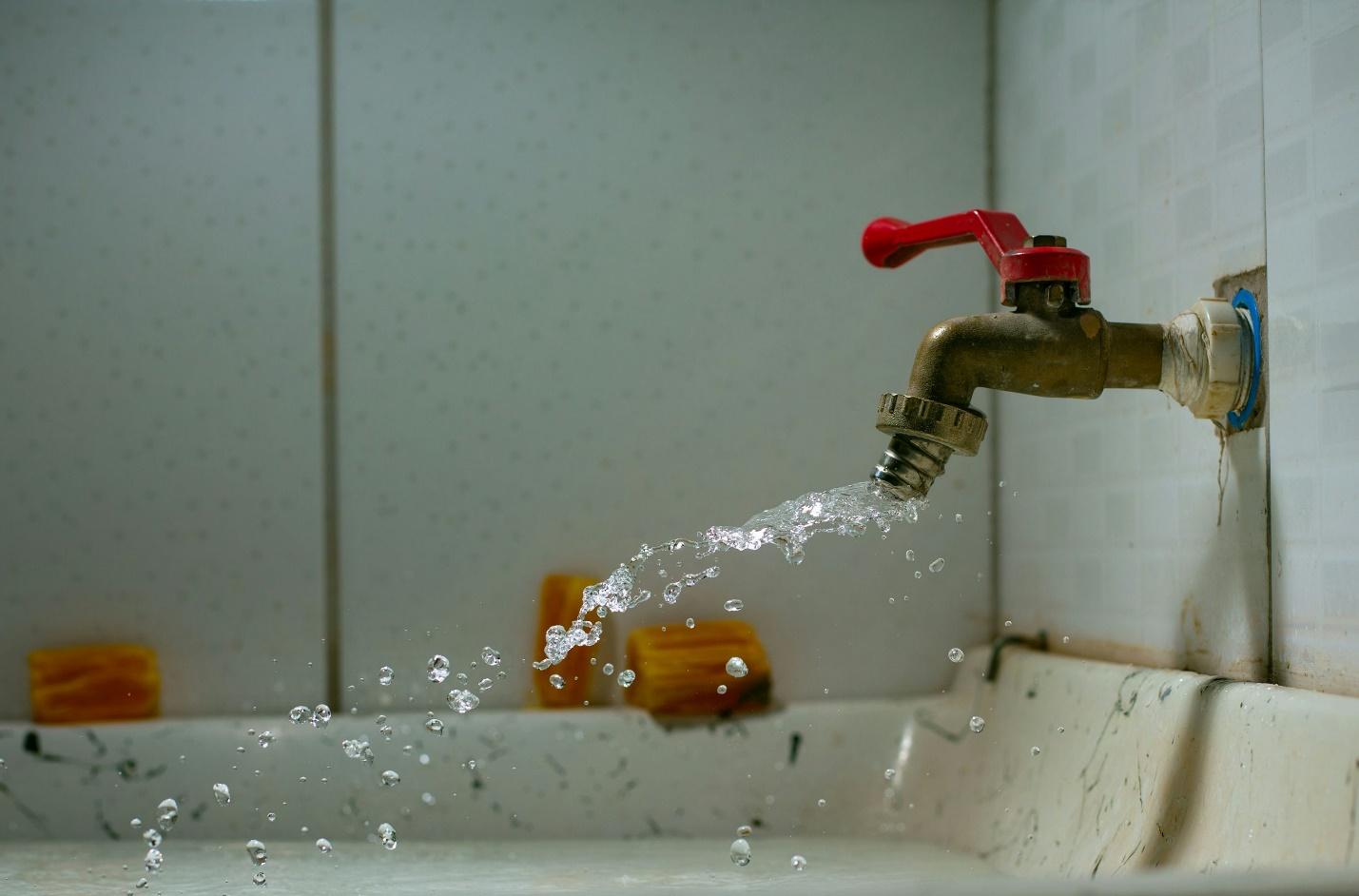
Understanding the Full Cost of Deferred Repairs:
It’s tempting to postpone a minor repair, especially when cash flow is tight. Yet deferring even a modest tankless water heater repair can trigger a domino effect of escalating costs:
- A small leak left unchecked can lead to corrosion within the heat exchanger, necessitating both part replacement and extensive labor fees.
- Erratic ignition due to a failing electrode can damage control boards, rapidly transforming a straightforward water heater repair into a multi hundred dollar overhaul.
- Unaddressed mineral scaling increases energy draw, inflating monthly bills and cutting into any savings you hoped to achieve.
In many cases, the cumulative expense of decomposing damage exceeds what you would have paid for the original fix. Evaluating the potential cost trajectory underscores why early intervention is invariably the more economical path.
Customizing Service Frequency to Water Quality:
Hard water, laden with dissolved minerals, accelerates scale buildup in heat exchangers and flow sensors—particularly in regions with high calcium concentrations. If your home’s water hardness exceeds 7 grains per gallon, consider:
- Doubling your tankless water heater repairschedule to biannual visits.
- Installing a whole house water softener upstream of the heater to trap scale forming minerals.
- During each service, asking your technician to perform a thorough scouring of the exchanger using specialized descaling agents.
Tailoring maintenance intervals based on water chemistry ensures that the system remains pristine, mitigating premature failures and preserving peak heating efficiency.
Financing Repairs and Upgrades Wisely:
Major repairs or component upgrades—such as replacing a burned out ignition module or installing an advanced condensation heat exchanger—can strain household budgets. Fortunately:
- Many plumbing firms offer financing plans that spread the cost over months with low or zero interest.
- Some manufacturers provide rebates or incentives for installing higher efficiency parts or completing certified water heater installationand repair milestones.
- Home equity loans or lines of credit can be a cost effective way to fund substantial overhauls, especially if they boost overall home efficiency and value.
By exploring financing options, you avoid deferring essential tankless water heater repair due to upfront cost concerns, ensuring continuous protection for your investment.
Preparing for Future Replacement and System Expansion:
Even with exemplary maintenance, every appliance eventually reaches the end of its natural lifespan. Planning ahead avoids the scramble of emergency water heater replacement:
- Keep abreast of evolving technologies—condensing tankless units, hybrid electric gas models, and solar thermal integration are reshaping the market.
- Use each water heater service visit to discuss long term expansion plans, such as adding capacity for a growing family or integrating multiple zones for consistent hot water across distant bathrooms.
- Maintain a capital reserve for eventual unit swap out, informed by the system’s age and past repair history.
Thoughtful forecasting transforms replacement from a burdensome surprise into a seamless upgrade, preserving both comfort and budgetary stability.
Industry Insights: What Experts Recommend
Contractors and manufacturers agree on several best practices that may not be common knowledge among homeowners:
- Always use OEM parts during tankless water heater repair—generic replacements can void warranties and degrade performance.
- Prioritize technicians certified by the North American Technician Excellence (NATE) or equivalent bodies, ensuring they understand advanced combustion dynamics and digital control interfaces.
- Keep your system’s software updated when applicable; some modern units allow firmware upgrades that refine ignition sequences and error handling routines.
Adhering to these recommendations deepens the value realized from every service call, placing you firmly in control of the maintenance process.
Crafting a Long Term Maintenance Calendar:
To make maintenance automatic rather than optional, establish a mirrored schedule in your personal calendar or home automation app:
- Mark annual replacement dates for water filters upstream of the heater.
- Block out fall and spring inspection windows for professional tankless water heater repair.
- Set reminders to review utility bills quarterly; an unexplained spike often signals emerging system stress.
This calendar becomes your first line of defense, ensuring that no critical maintenance window slips by unnoticed.
Final Thoughts on Holistic Care:
Extending beyond the core advantages of prompt tankless water heater repair, these advanced strategies offer a blueprint for holistic system stewardship. From warranty management and financing to water quality adjustments and long range planning, each element interlocks to create a resilient, efficient, and trouble free hot water ecosystem. By weaving professional interventions with smart homeowner initiatives, you not only protect your present investment but also set the stage for seamless future enhancements.
Embrace these insights, tailor them to your household’s unique demands, and you’ll craft a maintenance philosophy that sustains your tankless unit for decades—all while keeping surprises firmly at bay.
The advantages of timely tankless water heater repair extend far beyond mere patchwork—they safeguard your comfort, bolster efficiency, uphold safety, and champion sustainability. By nipping emerging issues in the bud, you unlock years of uninterrupted service, sidestep hefty replacement costs, and contribute to a healthier planet. When coupled with professional water heater service and prudent water heater replacement planning, you build a comprehensive defense against the pitfalls of neglect.
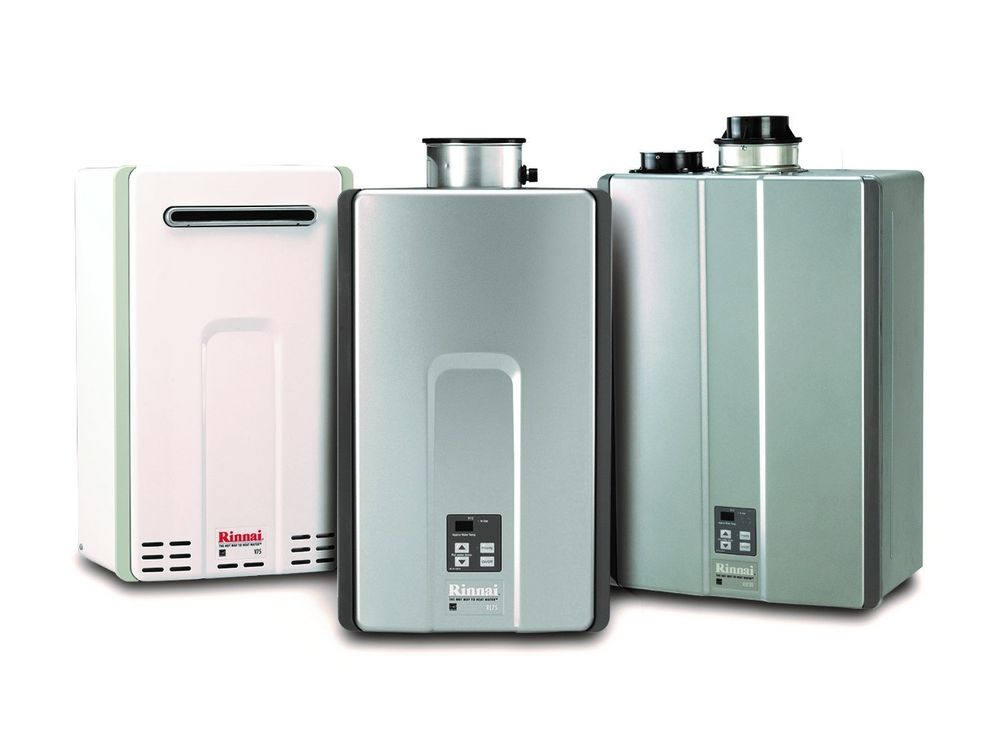
Don’t wait for the next cold snap to disrupt your routine. Reach out to Sweetwater Plumbing today—because having a skilled plumber on hand to tackle any issue, from a stubborn leak to installing a new water heater installation Ontario CA, makes all the difference. Our team of experienced professionals in Ontario, Pomona, Upland, and beyond offers a full suite of residential plumbing services designed to keep your home running smoothly, now and for years to come. Whether you need water heater replacement Upland, hot water heater repair Riverside, water heater repair Riverside, or even a water heater replacement Rancho Cucamonga, we’ve got you covered.
Contact Sweetwater Plumbing now to schedule your expert tankless water heater repair Ontario service—our certified technicians are standing by to ensure your home enjoys reliable, efficient hot water all year long.

